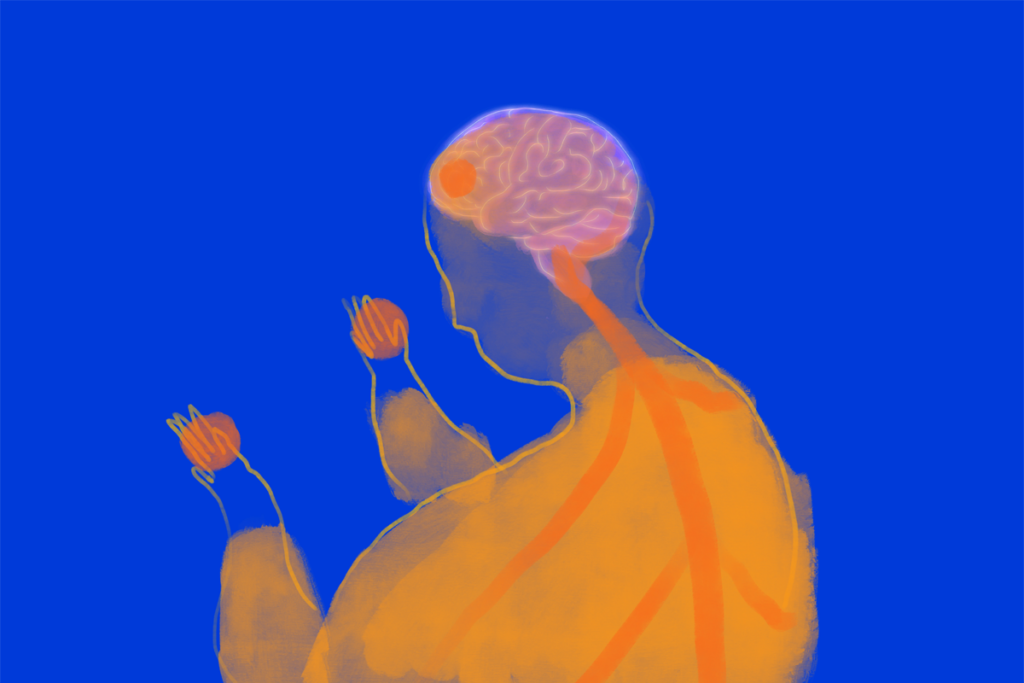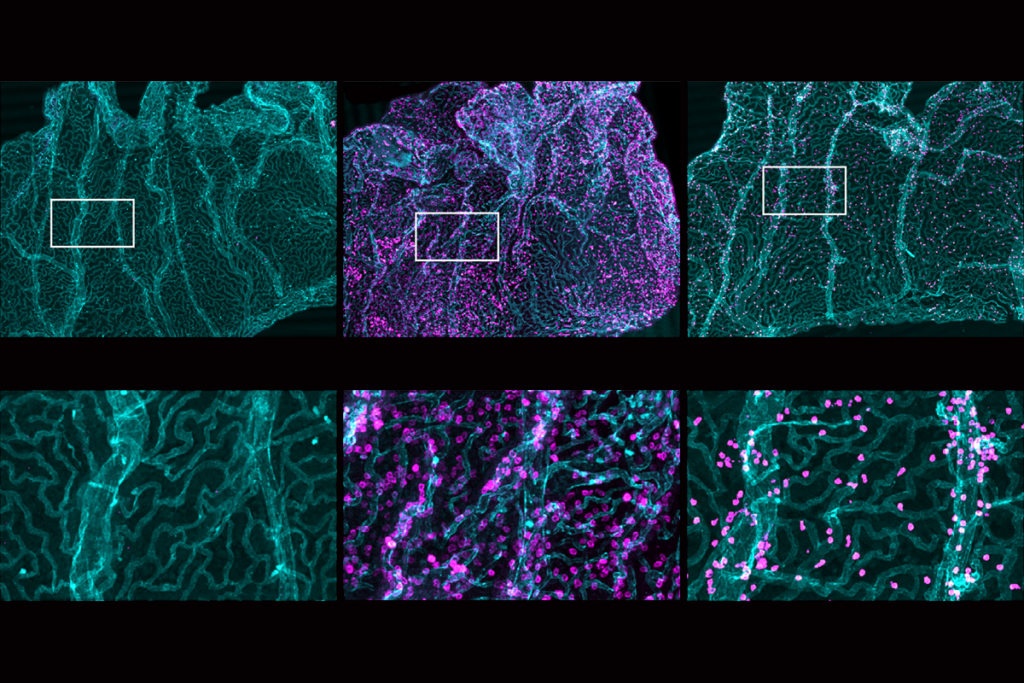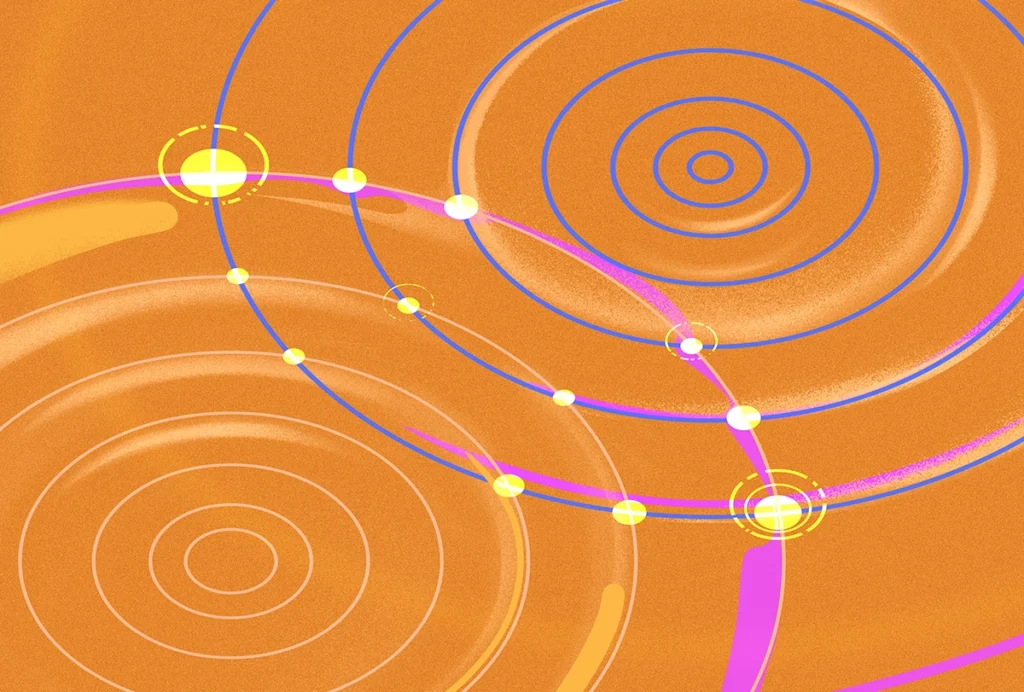Georgia E. Hodes is assistant professor of neuroscience at the Virginia Polytechnic Institute and State University. Her translational research takes a whole-body personalized approach in identifying the biology of mood and substance use disorders. Her goal is to develop novel personalized treatments and bioassays for mental illness so these conditions can be medically diagnosed and treated effectively. Her lab examines how sex differences in the immune system interact with the brain to drive behavioral differences in susceptibility and resiliency to stress.
Hodes received her Ph.D. from the Behavioral and Systems Neuroscience division of the psychology program at Rutgers University under the direction of Tracey Shors. She did postdoctoral training in pharmacology with Irwin Lucki at the University of Pennsylvania and in molecular neuroscience with Scott Russo at the Icahn School of Medicine at Mount Sinai.
In 2015, Hodes was promoted to assistant professor in a research track at Mount Sinai. She left in 2016 to join the newly formed School of Neuroscience at Virginia Tech as a tenure-track assistant professor. She is an author on more than 60 scientific papers and has contributed to three textbooks.



